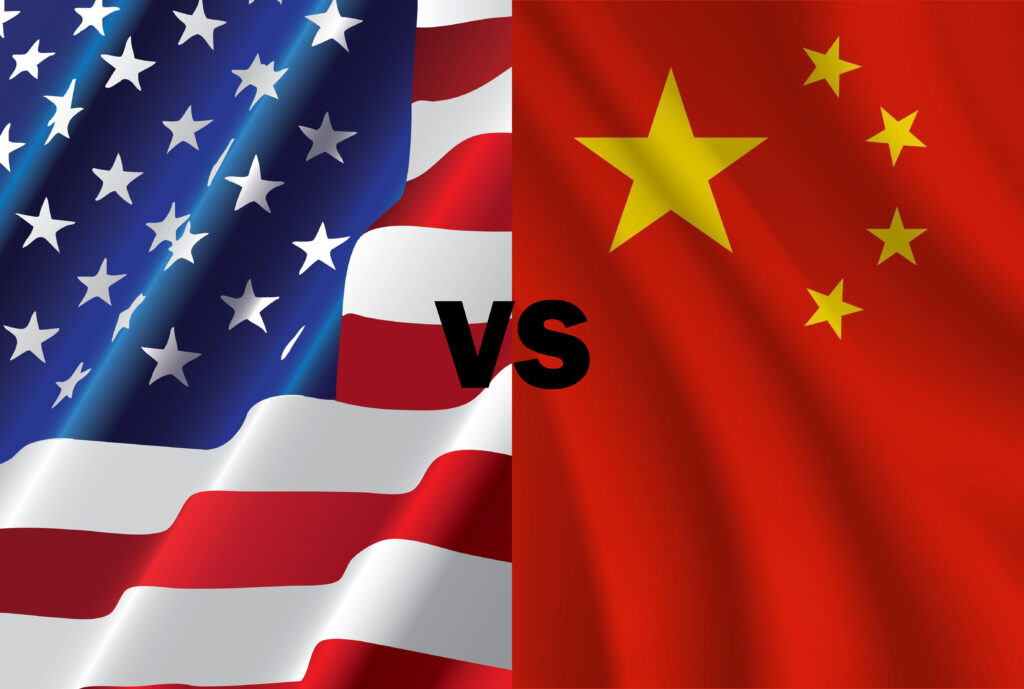Guest Column: Don’t ignore China’s quest to replace U.S. as world leader in science

By Andrei Iancu and David Kappos
Chinese President Xi Jinping is putting his money where his mouth is.
“We must regard science and technology as our primary productive force,” he recently said. He’s already raised his country’s research and development spending to unprecedented levels. Now, he’s filling the highest reaches of government with experts in such areas as artificial intelligence, biotech, and semiconductors.
The United States needs to take this challenge seriously. Many in Washington appear to. The Chips and Science Act, passed in August, directs $200 billion over the next few years into basic research in cutting-edge fields like artificial intelligence and robotics.
But bankrolling basic research alone won’t lead to more innovation down the line. We also need robust intellectual property protections, without which new inventions wither away after the initial discovery for lack of further investment.
The last several decades have taught us that money isn’t everything. For example, the United States now spends about 3% of gross domestic product on R&D annually — a higher proportion than it spent at the height of the Space Race in the early 1960s. And yet, total factor productivity — the best measure of how much value innovation adds to the economy — has shrunk to an annual growth rate of just 0.5%, compared to 1% back then.
In other words, Americans used to get more for less.
This recent lackluster performance is a byproduct of ongoing assaults on IP law, which send a discouraging message to the companies and funds that invest in technology. Consider, for example, a proposal at the World Trade Organization to waive international patent protections on Covid therapeutics and diagnostic tools — most of which have applications far beyond one disease. This would amount to a hand-out of historic proportions to our biggest economic competitors.
The waiver is unnecessary on its own terms in a world where Covid tests and treatments are already in abundant supply. Plus, it would deal a devastating economic blow to the United States, undermine the development of new medicines, and set a precedent that invites even more attacks on IP rights. Other countries could insist on a “right” to U.S. patented technology in areas ranging from renewable energy to agriculture and beyond.
Another case in point: Dozens of members of Congress are urging the Administration to twist the law so that the federal government can seize patents whenever it has contributed so much as a cent to R&D.
It takes an enormous investment to move research from the laboratory to the marketplace, and we can be sure companies would stop funding product development if the government could simply nullify patent rights based on political whim. Kill patents and you kill private investment in innovation.
How can the United States keep its place as the world leader in scientific innovation? For a start, by resisting calls to tamper with patent rights. There is no surer way to cede technological leadership to China.
Andrei Iancu served as the undersecretary of commerce for intellectual property and director of the U.S. Patent and Trademark Office from 2018 to 2021, under former President Donald Trump. David Kappos served as the undersecretary of commerce for intellectual property and director of the United States Patent and Trademark Office from 2009 to 2013, under former President Barack Obama. Both serve as board co-chairs of the Council for Innovation Promotion.
the attachments to this post:





















